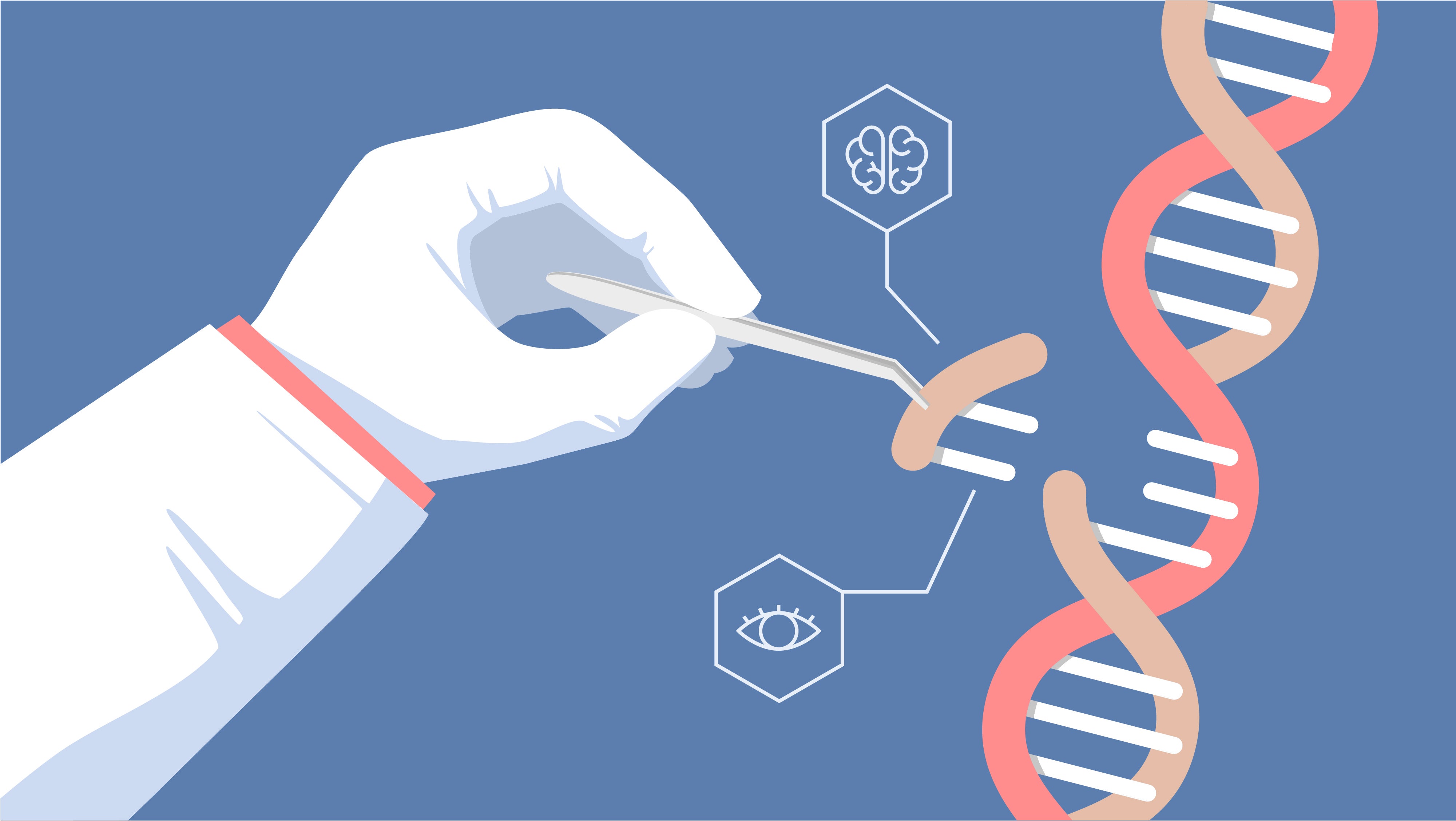Hello everyone! I never thought I would be writing about science but I went home for Easter weekend and was talking to my brother, who is a PhD student in UBC’s Faculty of Medicine. He’s been doing research on genetics, and I was talking to him about patents and the Harvard Mouse case.
At the same time, I read about this ongoing legal battle over a patent for CRISPR, a gene editing technique. I asked him about it, and he at first said he didn’t think CRISPR would have a patent because his lab does not pay, and has not paid, to use the technique and he uses it all the time.
I read more about this case and it turns out the battle is precisely over a patent, but that those who work in research have just been unconcerned with it because they can continue to use the technology without charge; they only have to pay if they start making money from their research. So, what I found interesting is that many people who are benefitting from the invention of CRISPR don’t have much to be concerned about despite this major legal battle happening.
The battle itself is interesting because it is between Berkeley scientists who came up with the blueprint for the technique and Broad Institute scientists who were the first to apply it in the most lucrative way. The latter have won the most recent battle for the patent. This means that if a lab like my brother’s were to start making money from the technique, they would have to pay the Broad Institute.
While researchers in the academic sphere seem to be unaffected by this legal battle, those that are trying to use CRISPR for medical treatments are a bit more worried. Companies that are using CRISPR to develop treatments for diseases like sickle cell disease would now have to get a license from the Broad Institute before they put the treatment on the market.
As such, it seems that this patent battle has drawn lots of attention from some labs with more commercial purposes, while university labs using CRISPR for research are less concerned.
This got me thinking about the purposes of patents, namely, to coax inventions into the public sphere for the purpose of human progression. It also got me thinking about how the Pfizer viagra case noted that they are not awards or accolades for ingenuity, because at first I found it unfair that the Berkeley scientists, who are the ones that came up with the original blueprint, would be the ones to lose the legal battle. But the Broad Institute crossed the patent line in terms of the utility requirement, putting it to use in ways that are most likely to benefit medical progression. I think my initial siding with the Berkeley scientists – or at least sense of unfairness – definitely came from an intuition of a patent being a sort of accolade, even though I know that’s not what it’s for. That also got me wondering if people still tend to feel like a patent is for that purpose, particularly if they are unfamiliar with the law of patents. My brother, for instance, thought this decision was unfair to the Berkeley scientists because they came up with the original blueprint.
Nonetheless, whoever gets the patent is still not going to be a big concern for researchers like those in my brother’s lab, and so at the very least UBC’s research continues to benefit from the invention in some way regardless of which way the patent is going!

 Copyright & Social Media
Copyright & Social Media Communications Law
Communications Law
Hey Mila, thanks for sharing! I had the same initial sense of unfairness towards the Berkeley scientists… though I suppose a Nobel Prize is not a bad consolation prize!
I was curious to know whether those who do have a license for CRISPR would have any recourse against the original patent holder, given that their license would now be invalid. This doesn’t seem to be the case (at least, in Canadian law). In fact, the case law seems to suggest it’s even possible that a licensee would have to continue paying royalties to the original patent holder, even after the patent has been declared invalid (see Trubenizing Process Corp v John Forsyth Ltd, [1943] SCR 422)! It seems to be a matter of contract law and likely depends on how the duration of the license is worded within the terms of the licensing agreement: if the license is for a fixed term, as opposed to dependent on the subsistence of the patent, then a licensee will likely be required to continue to pay royalties to the patent holder for continued use of the patent for the duration of that fixed term, even if the patent is invalidated within that time.